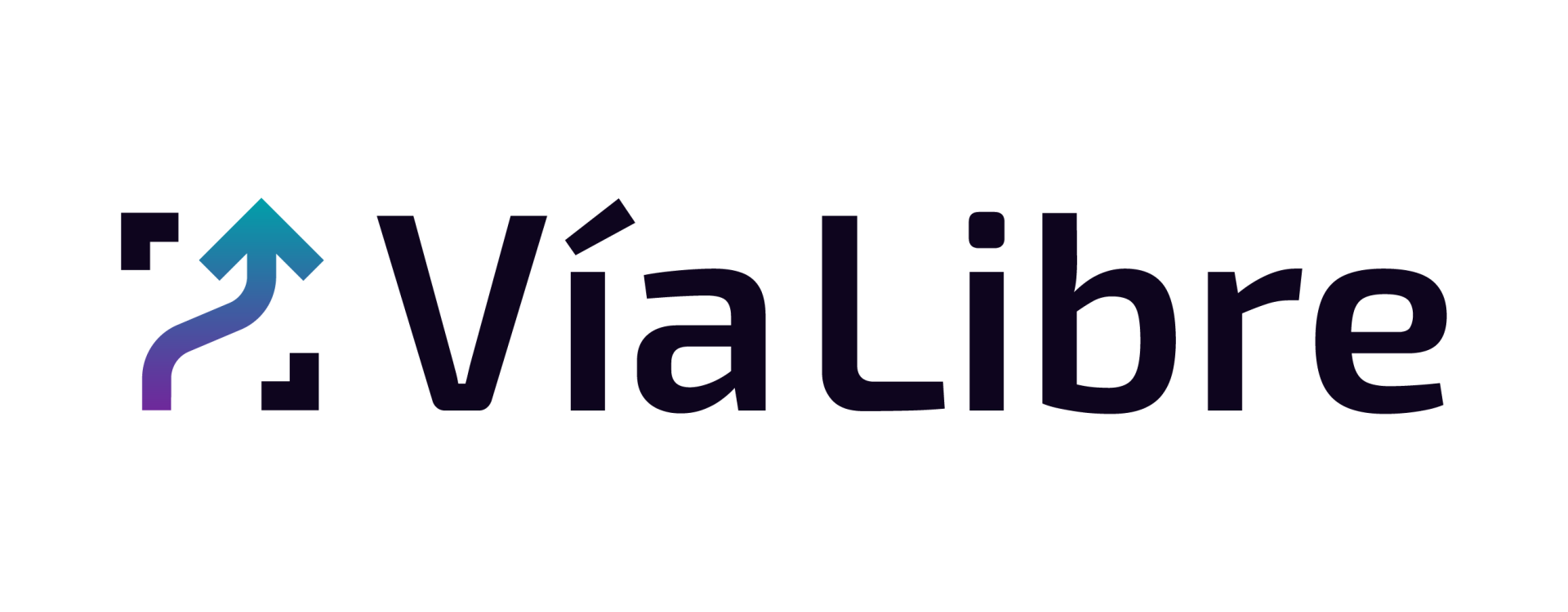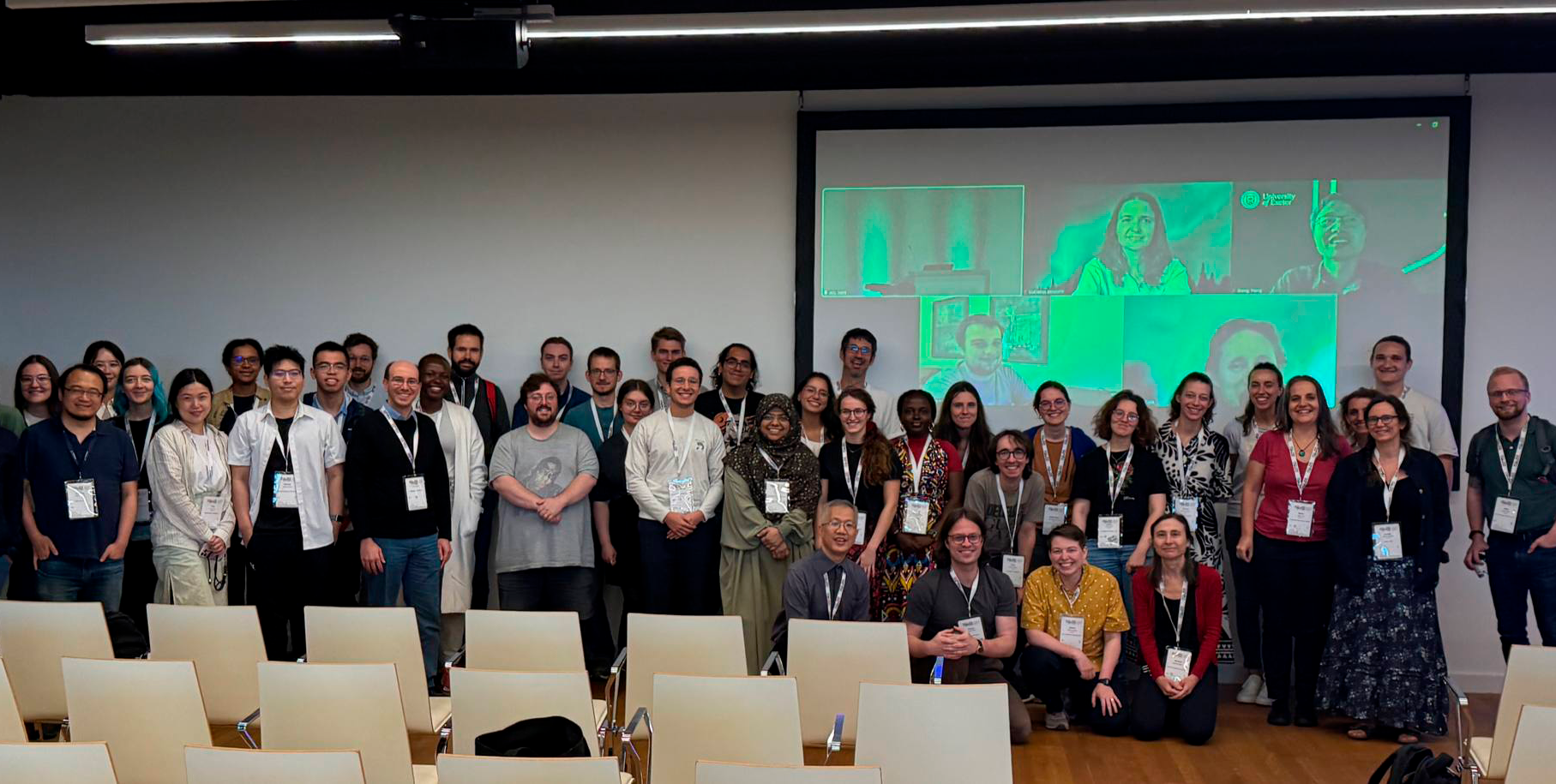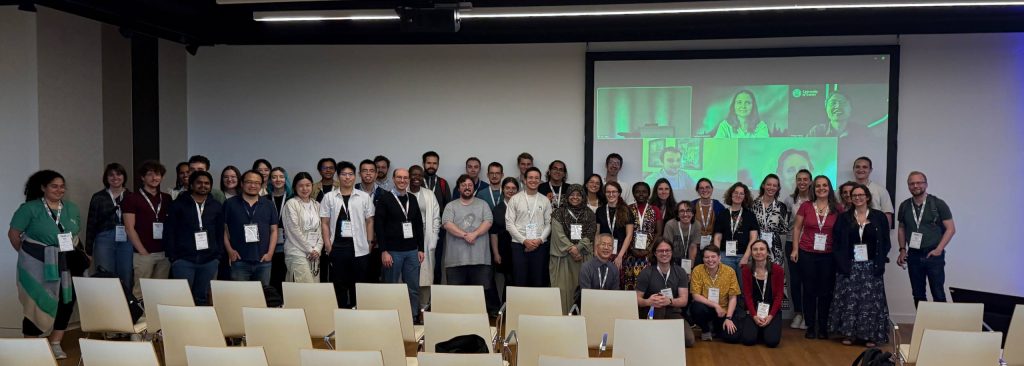On Sunday, July 27, Fundación Vía Libre participated in the Annual Meeting of the Association for Computational Linguistics (ACL 2025) with the tutorial “Navigating Ethical Challenges in Natural Language Processing: Practical Strategies for Students and Researchers.” This interactive session focused on providing practical tools to address ethical challenges in natural language processing.
About the event
The tutorial was led by an international, interdisciplinary team of experts and was held in a hybrid format (both in-person and online) in Vienna, Austria. It was co-organized by Luciana Benotti, Associate Professor at the National University of Córdoba, researcher at Fundación Vía Libre, and co-chair of the ACL Ethics Committee, and Guido Ivetta, PhD candidate at the same university. Guido is also part of Fundación Vía Libre’s artificial intelligence team and provides AI ethics training to teachers at the primary and secondary education levels. The event was held in collaboration with the ACL Ethics Committee.
Throughout the session, which ran from 2:00 pm to 5:30 pm (Austria time), participants engaged in interactive activities discussing case studies based on real situations faced by ethics review committees. Topics covered included consent, privacy, bias, fairness, and the potential social impacts of NLP research. Additionally, strategies for writing strong ethical consideration sections and criteria for deciding when to request an ethics review during the publication process were shared.
The organizing team included:
Luciana Benotti (National University of Córdoba / Fundación Vía Libre, Argentina), Fanny Ducel (Université Paris-Saclay, France), Karën Fort (Université de Lorraine, France), Guido Ivetta (National University of Córdoba / Fundación Vía Libre, Argentina), Zhijing Jin (University of Toronto / Max Planck Institute, Germany), Min-Yen Kan (National University of Singapore), Seunghun J. Lee (International Christian University, Japan), Minzhi Li (National University of Singapore), Margot Mieskes (University of Applied Sciences Darmstadt, Germany), Adriana Pagano (Federal University of Minas Gerais, Brazil).
Watch the tutorial
The tutorial’s methodology encouraged collective reflection and co-creation of materials, which will be made publicly available as community resources. It was especially designed for students and researchers interested in adopting a critical, situated, and responsible approach in their academic practices.
Here is the link to the official tutorial publication on the ACL Anthology site and the full video of the tutorial:
👉 https://aclanthology.org/2025.acl-tutorials.5/


